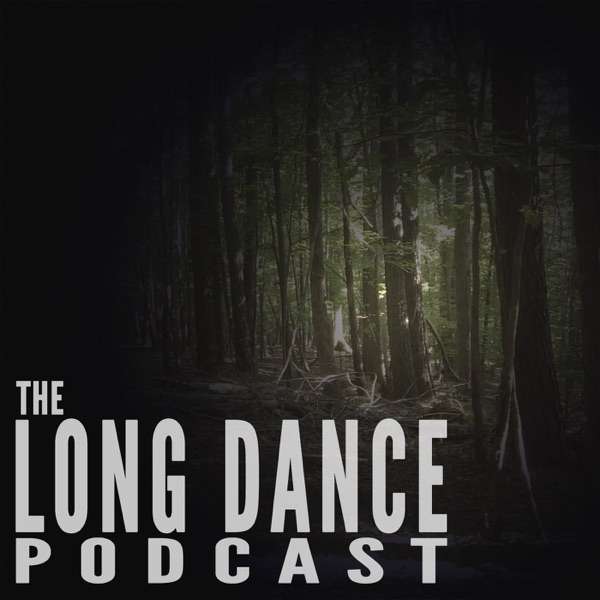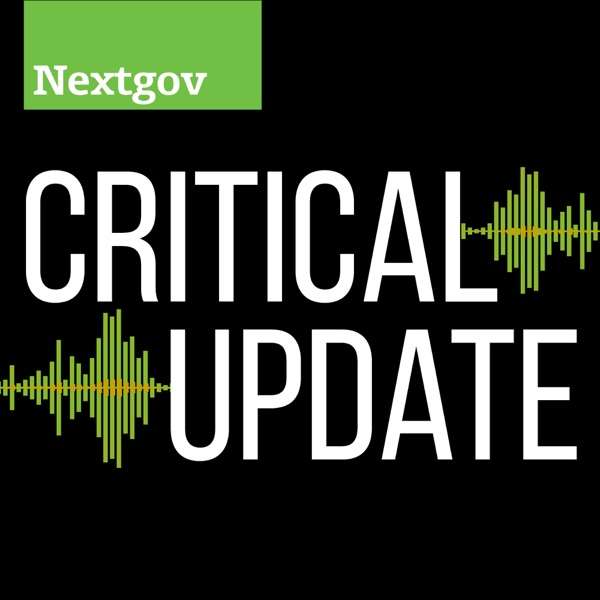The future of AI may be decided in backyards. Data Centers—the sprawling facilities designed to support the massive computing required to train and run AI models—are being built across the country. One estimate sees more than $1 trillion dollars in capital spending on data centers in the next four years. And they use electricity—a lot of it. While data centers can bring construction jobs, tax revenue, and economic development to their communities, they also bring complaints about power and water usage, noise pollution, and architectural blight.
Debates are raging from town halls to the halls of Congress. Yes, politicians want the US to lead the world in AI, but elected officials, particularly local ones, are hearing from constituents concerned about data centers, including the potential to raise electric bills. The decisions being made right now in places like Northern Virginia, Umatilla, Oregon, and Mount Pleasant, Wisconsin, will determine whether AI infrastructure is scaled quickly, or whether a backlash slows it down. If done right, data centers can bring world-class tech capabilities, lower electricity prices, energy abundance, and local tax revenue. Done poorly, we see working class Americans paying more for power, the electric grid struggling, and the potential for the American public to turn sour on data canters en masse.
So what do people need to know about data centers to make informed decisions? What really is the impact of data centers on water and electricity? What should policymakers in Washington do, if anything, about these debates? And are there ways to balance legitimate local concerns without hamstringing a strategic imperative?
Evan is joined by Asad Ramzanali, Director of Artificial Intelligence & Technology Policy at the Vanderbilt Policy Accelerator. He was previously Chief of Staff at the White House Office of Science and Tech Policy under President Biden and Legislative Director to former Rep. Anna Eshoo (D-CA). You can read his recent op-ed on data centers here. Evan is also joined by Daniel King, Research Fellow at FAI where he focuses on the energy and security dimensions of artificial intelligence. Daniel completed Master's studies in Statistics & Data Science at Yale University and earned a B.S. in Mechanical Engineering and Applied Mathematics from Brown University. Check out his substack on AI and energy, Policy Gradients.

 Our TOPPODCAST Picks
Our TOPPODCAST Picks  Stay Connected
Stay Connected







